Division 7A – Sub-trust Arrangements
Draft Taxation Determination TD 2022/D1
The tax determination (“TD”) deals with trust distributions made to corporate beneficiaries that are not paid ie. UPEs. Trust distributions are commonly made to corporate beneficiaries in order to cap the tax rate on the distributions to the corporate tax rate. However, where the distribution remains unpaid this is likely to constitute the provision of financial accommodation by the corporate beneficiary back to the trust.
For Division 7A purposes (Shareholder loan rules), the provision of financial accommodation constitutes a loan. As such, the trust will either need to pay the UPE or enter into a 7 year principal and interest loan agreement with the corporate beneficiary.
This TD represents a change in approach by the ATO as compared to its previous position outlined in Taxation Ruling TR 2010/3 and Practice Statement PS LA 2010/4 – these will now be withdrawn. In its previous stance, the ATO accepted that the UPEs owing to the corporate beneficiaries could be held on sub-trust ie. the trust could retain benefit of the funds provided broadly a 7 or 10 year interest only loan was entered into (with repayment of the principal at the end of the term). In such a situation, the ATO accepted that no financial accommodation had been provided by the corporate beneficiary.
In this TD, the ATO has reversed its stance such that even if the trust pays interest on the funds retained in the trust (ie. the UPE), financial accommodation has still been provided.
In limited circumstances, a UPE can be placed on a strict sub-trust ie. not intermingled with other trust funds and held solely for the benefit of the corporate beneficiary, without causing the provision of financial accommodation. However, in practice this is unlikely to occur.
On the basis that the UPE will result in the provision of financial accommodation, the UPE will trigger Division 7A consequences. Unless the UPE is appropriately dealt with, a potential deemed dividend may arise. The trustee and the private company beneficiary can avoid a deemed dividend if, before the private company’s lodgement day for the income year in which the financial accommodation was provided, either:
- The trustee physically pays the UPE to the private company beneficiary; or
- The private company beneficiary and the trustee enter into a 7 year principal and interest loan agreement.
The impact of the TD is that the UPE will need to be repaid by the Trust over 7 years. Under current rules, it was possible to defer the payment of the UPE for a much longer period. These proposed changes reduce the ability to defer the ultimate repayment of the UPE/financial accommodation.
Any arrangements involving pre-1 July 2022 trust entitlements which complied with the ATO’s previous guidance in TR 2010/3 and PS LA 2010/4 will be accepted by the ATO. This new position will therefore apply to trust distributions made from 1 July 2022.
Worked Example – Based on Example 6 in the TD
- Ashley and Bo are spouses and operate their family business via a discretionary trust, AB Family Trust. Ashley and Bo control Trustee Pty Ltd, the trustee of their discretionary trust.
- X Pty Ltd, a private company is a corporate beneficiary of AB Family Trust, and is controlled by Ashley and Bo.
- On 30 June 2023, the Trustee resolves that 100% of AB Family Trust’s income for the 2022-23 income year will be distributed to X Pty Ltd.
- At 30 June 2023, X Pty Ltd does not know the amount of trust income, if any, that it can demand immediate payment of from Trustee Pty Ltd.
- On 1 August 2023, Trustee Pty Ltd determines the net income of AB Family Trust as $50,000. X Pty Ltd has a right to demand immediate payment of $50,000 from Trustee Pty Ltd from this date. If X Pty Ltd does not demand immediate payment, then it provides financial accommodation to the AB Family Trust in the 2023-24 income year.
- The lodgement date of X Pty Ltd’s tax return for the 2023-24 income year is 15 May 2025.

Timeline of events to avoid Division 7A Tax consequences:

* * * * * * * * * * * *
The above summary is intended to be general in nature and does not cover all issues raised in the ATO’s rulings. Should you believe that any of the above matters may be relevant to you or your Group’s particular circumstances, please discuss the specific details with your Slomoi Immerman Partners advisor. Liability limited by a scheme approved under Professional Standards Legislation



